The things we lost weren’t junk at all, they were quiet keepsakes of love.

Sometimes, what piles up in closets and drawers isn’t just clutter. It’s the weight of memory, pressed into the folds of a sweater or scribbled on the back of an old receipt. We think we’re tidying, but often we’re quietly erasing reminders of people and moments that shaped us.
Grief hides in unexpected corners. What felt like unnecessary mess becomes, in hindsight, the last tangible piece of a story. These aren’t objects we meant to toss, they were anchors, and losing them hurts in ways we never imagined.
1. A recipe card smudged with fingerprints still smelled of Sunday dinners.
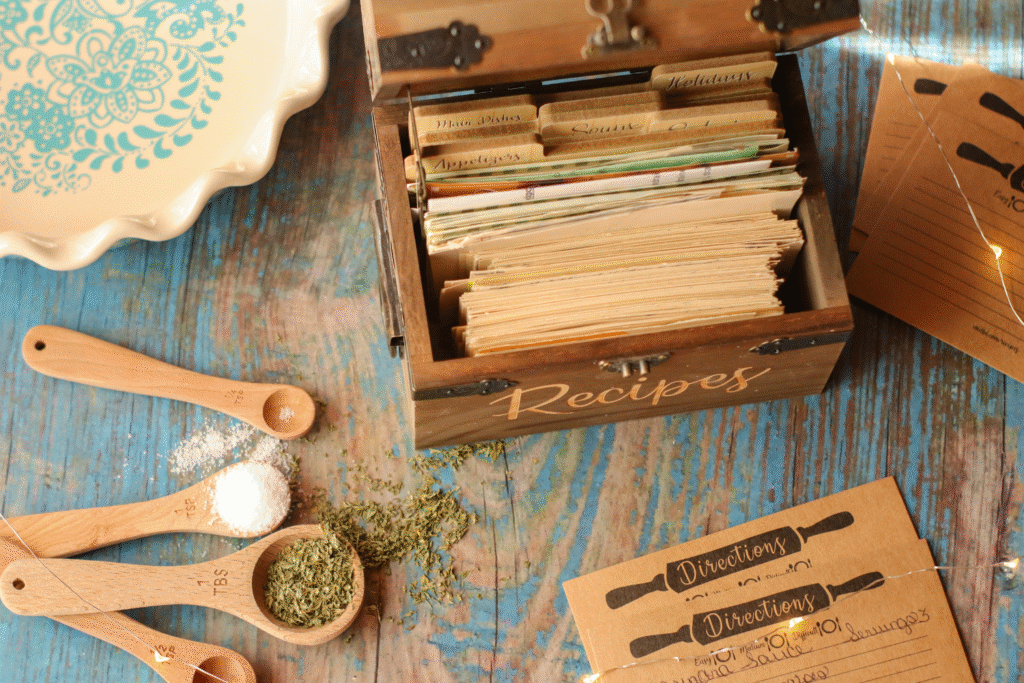
Handwritten recipe cards seem fragile, but they carry entire kitchens within them. A stained note in your grandmother’s script isn’t just a list of ingredients, it’s her voice, her hands, her way of showing love through food. The importance of such heirlooms has been highlighted in studies on the cultural value of food memory, as reported by NPR. They remind us that meals were never just about eating, they were about connection.
Later, when the card is gone, you realize no photo or digital file can replace the messy ink or flour-smeared edge. That loss lingers long after the kitchen feels clean again. And it makes the next thing we discard seem heavier, almost deliberate.
2. The jacket left hanging by the door was more than worn fabric.
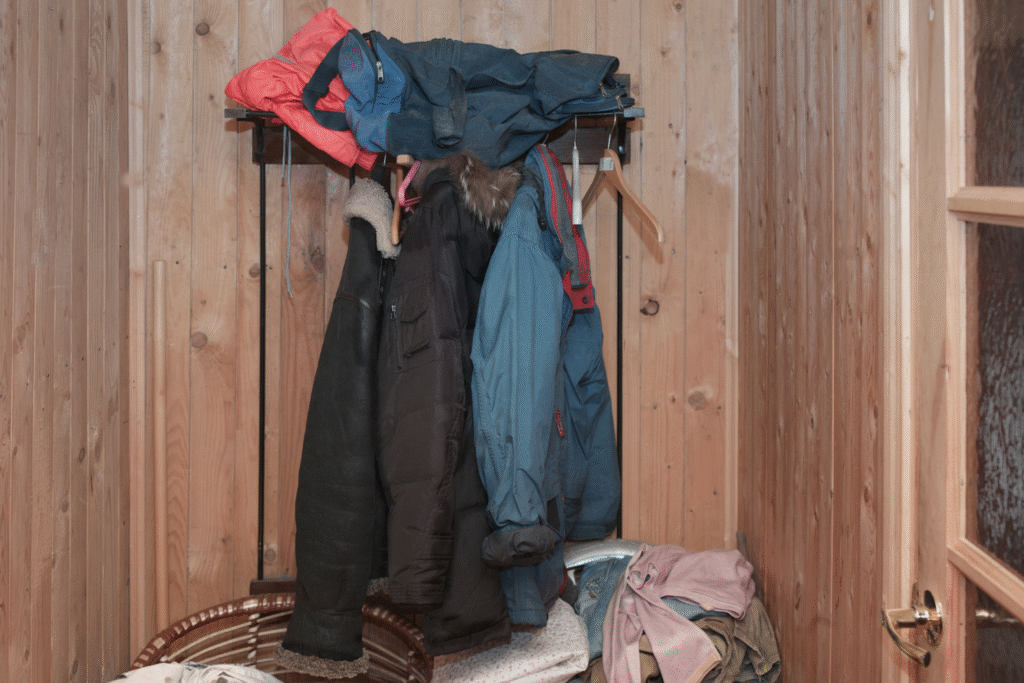
When a favorite coat disappears, it rarely feels like losing clothing. It feels like losing the version of someone who once wore it. Smells and textures stay trapped in the lining, and suddenly, clearing out a closet becomes an act of erasure. These sensory reminders are powerful, and grief researchers have discovered that touch and smell preserve memory more vividly than photos or videos, as stated by the American Psychological Association.
The moment it’s gone, the air feels thinner. Jackets and coats, especially, hold echoes of daily life. And from that absence, the next forgotten object becomes harder to let slip away.
3. Margins of old books carried conversations we can’t have again.

A scribbled note beside a poem or circled word in a novel feels small, until the book vanishes. Marginalia, once seen as defacement, is now recognized as a personal dialogue with text, a history of thought in motion. The New York Times noted how scholars have begun archiving these scribbles for their cultural and emotional value. Losing them is losing the chance to hear someone think out loud again.
The silence in a clean, note-free page is deafening when you realize what it replaced. And once that silence sets in, the next overlooked keepsake takes on even more weight.
4. Birthday cards tucked away carried voices frozen in ink.

A card with a hurried signature or a heartfelt note never seems urgent to save at the time. Yet the second those hands are no longer able to write, the absence of their looped letters feels crushing. It’s not about the paper, it’s about having one last sentence written directly to you.
That folded piece of cardstock, often tossed to clear space, becomes a portal once it’s too late to retrieve it. Every small thing lost sharpens the regret around what stays.
5. A chipped mug once held more than just morning coffee.

At first glance, it’s just kitchen clutter. But the mug someone used daily holds fingerprints in ways glassware never could. The crack in the handle, the stain near the rim—these imperfections feel like a conversation. The absence of that mug on the shelf leaves mornings colder than you’d expect.
Sometimes the simplest household object becomes the quietest anchor of routine. And when it’s gone, the shelf feels both emptier and louder in its quiet.
6. Grocery lists scrawled on scraps of paper weren’t only errands.

Thrown away without thought, these little notes are blueprints of ordinary days. One person’s chicken scratch spelling “milk, eggs, bread” becomes the closest thing to overhearing their voice again. Tossing them seems harmless until you miss the shorthand, the abbreviations only they used.
The lists, once seen as disposable, transform into tiny reminders of presence. Each crumpled scrap, once gone, feels like a page torn from a diary.
7. Ticket stubs told stories of evenings we thought we’d remember.
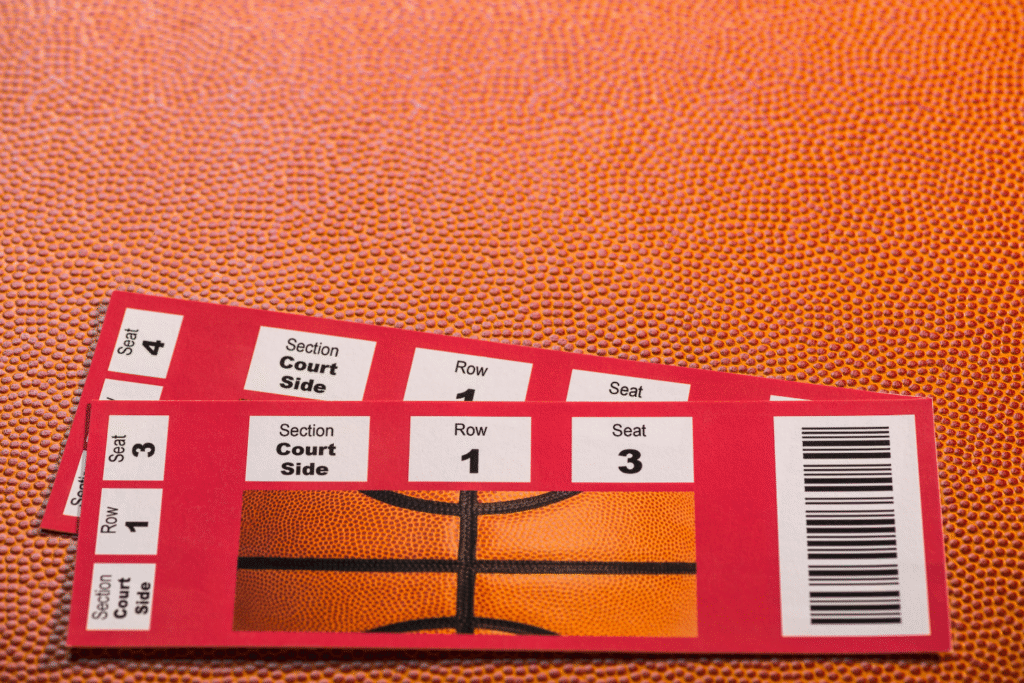
Stacks of paper slips from concerts, movies, or games often vanish in the shuffle. We convince ourselves the memories alone will carry the weight. But the texture of the stub, the date and time stamped in fading ink, anchors that memory to something you can hold.
The loss of one small square of paper changes how vividly that night survives. Once stubs disappear, you realize how quickly even vivid nights blur.
8. A watch that stopped ticking marked more than hours.
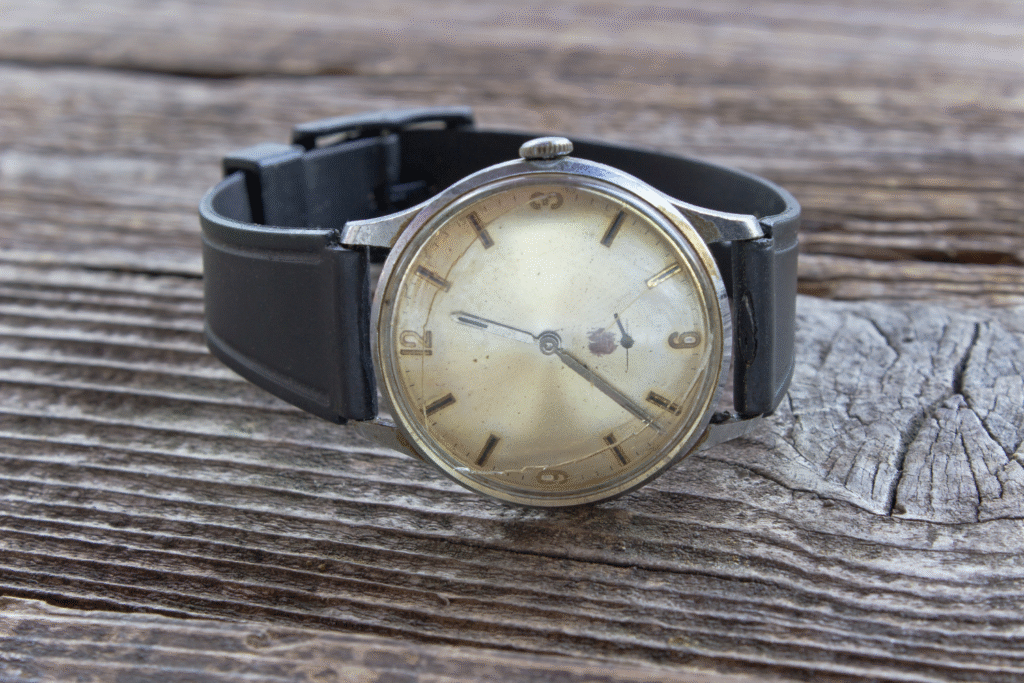
Old watches, even broken ones, feel alive because they once measured a person’s time. Clearing them out means sweeping away the rhythm of days shared. The strap, the scratches, the weight in your palm—those details are irreplaceable.
What once looked like a dead object now feels like an archive of seconds. And after it’s gone, you realize time keeps moving but memory doesn’t always keep pace.
9. The missing collar of a pet felt heavier than any box.
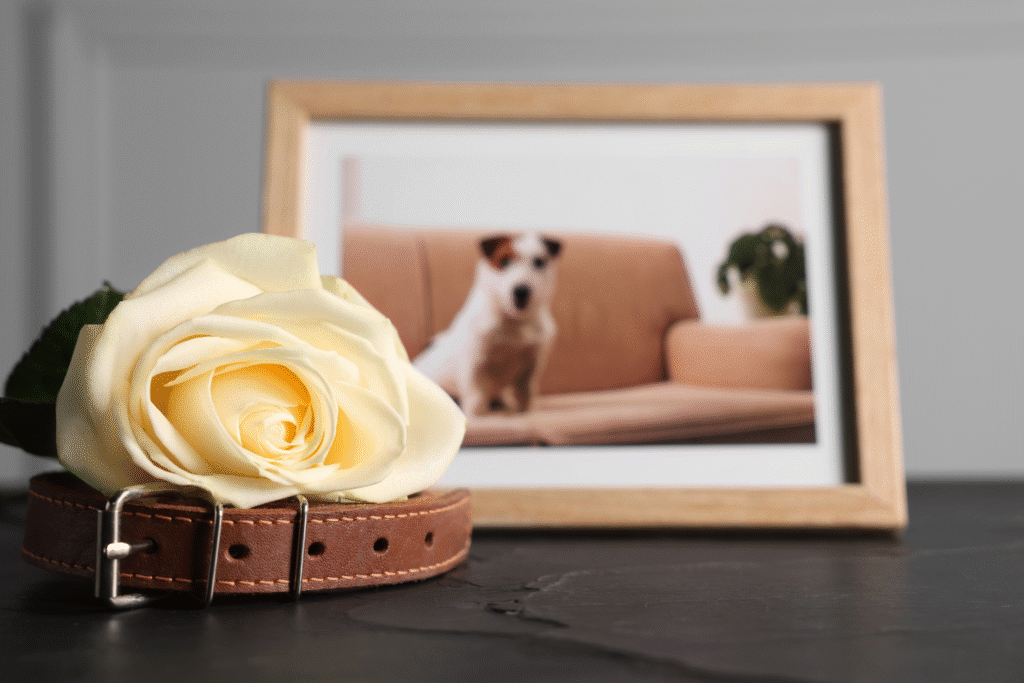
When a dog or cat passes, their collar is often the last physical trace of them. The sound of tags jingling in the hallway echoes long after it’s gone. Tossing it during a moment of tidying can feel harmless, until you realize you erased the one sound that made a house feel alive.
What was once seen as clutter becomes sacred. Losing it deepens the ache, because unlike furniture or clothing, there is no replacement waiting quietly in a drawer.
10. Deleted photos erased moments we thought were safe.

We scroll through our phones, deciding which shots are worth keeping. Then one swipe too many and an image disappears, taking a moment with it. Printing pictures used to give them weight, but in digital form they vanish so easily, it’s almost unreal.
Later, when the memory fades, the loss cuts sharper. Deleting a photo isn’t just removing pixels, it’s closing the door on a scene we can never walk into again.
